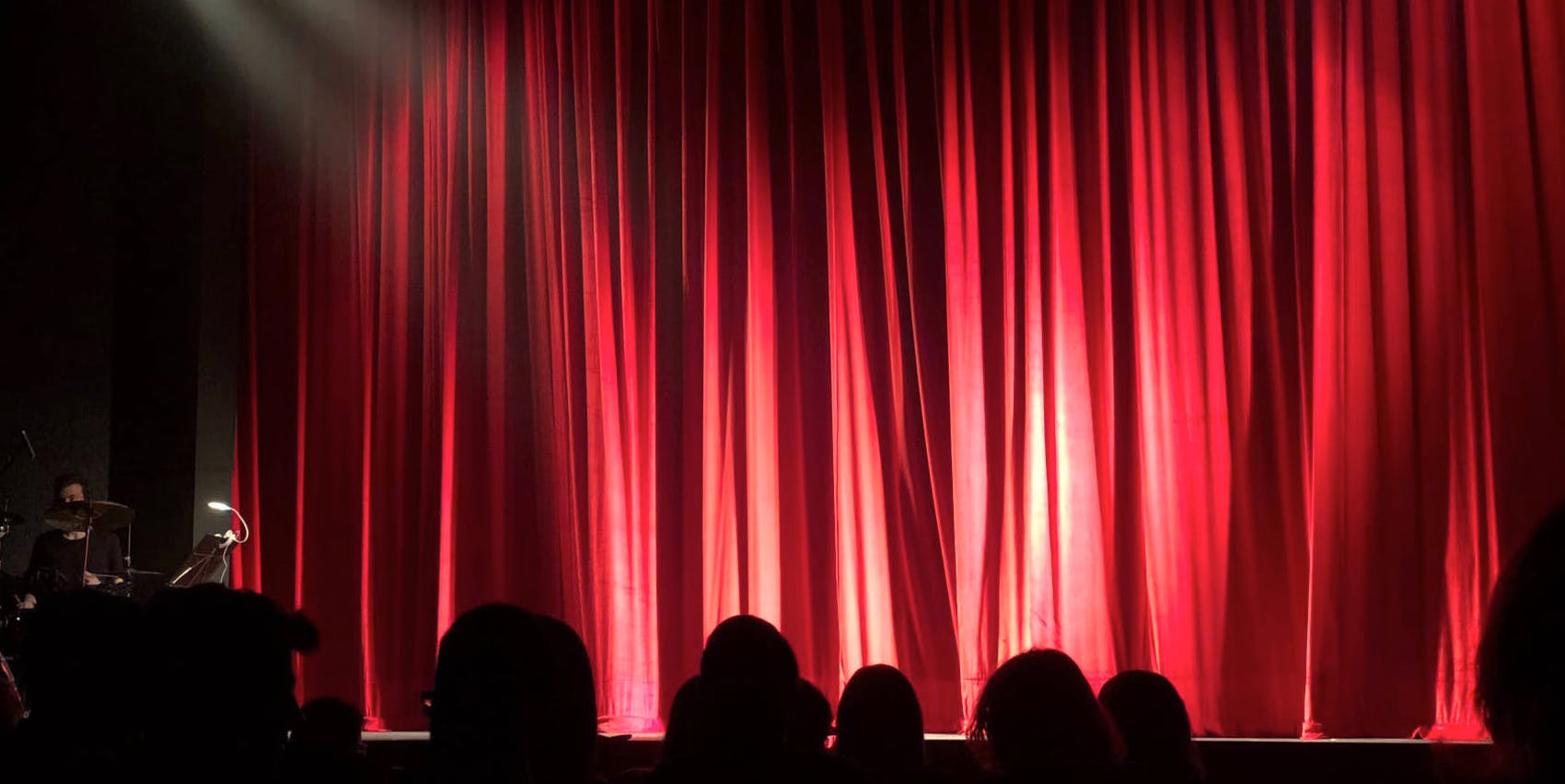New article published in Qualitative Research in Psychology by CQ Fellow Dr. Izumi Sakamoto (co-author).
ABSTRACT
While many scholars have demonstrated the effectiveness of theatre-based knowledge mobilization, fewer studies have examined its psychological dimensions. This article examines some psychological theories that may account for the success behind theatre-based knowledge mobilization. Drawing from the Canadian Experience Project, a study about the labor market challenges of skilled immigrant workers, we show how theatre-based research dissemination efforts attempt to achieve optimal stress by using aesthetic distance processes. We maintain that this psychological capacity to attune to audience members, especially evident in forum theatre, makes theatre a particularly effective means for knowledge mobilization.
KEYWORDS: aesthetic distance, “Canadian experience”, immigrant employment, knowledge mobilization, knowledge translation, psychological processes, research-based theatre
(Featured image courtesy of Monica Silvestre via Pexels.com)

